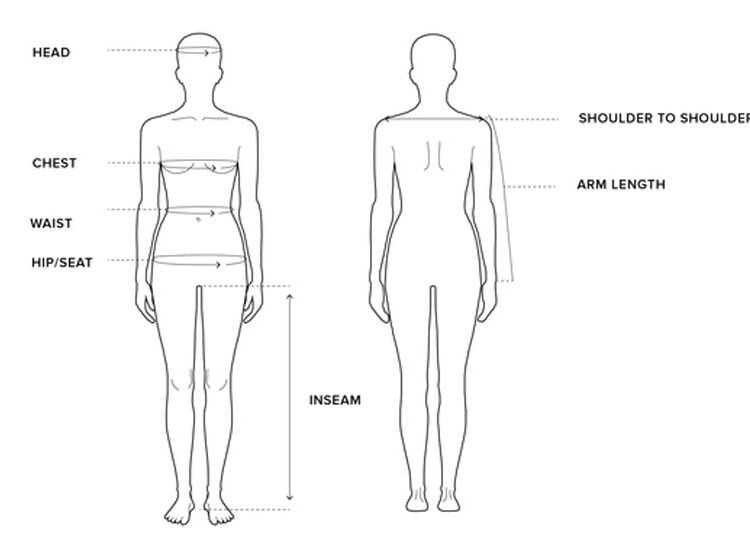In the realm of healthcare, diagnostic excellence plays a critical role in empowering individuals to take control of their well-being and make informed decisions about their health.
Integrating the concept of diagnostic excellence, the analogy of a glass bottle may be quite pertinent. Just as a glass bottle transparently reveals its contents and ensures the integrity of what’s inside, comprehensive diagnostic services offer clarity and precision in understanding one’s health.
These services act as a vessel for information, preserving and presenting crucial data that can impact treatment decisions and health outcomes. With accurate diagnostics, like the strength and clarity of glass, patients and healthcare providers can see through the complexities of symptoms to the underlying causes, thus enabling targeted treatment strategies and better well-being.
Comprehensive diagnostic services encompass a wide range of tools and techniques aimed at identifying, preventing, and managing health concerns, ultimately paving the way for personalized care and improved health outcomes.
The Role of Advanced Imaging Technologies
At the forefront of comprehensive diagnostic services are advanced imaging technologies such as MRI, CT scans, and ultrasound. These non-invasive tools provide detailed insights into the body’s internal structures, allowing healthcare professionals to accurately diagnose conditions, assess the progression of diseases, and develop targeted treatment plans. With the continuous advancements in imaging technology, healthcare providers can offer precise and timely interventions, leading to better patient outcomes and enhanced quality of care.
Precision Laboratory Testing for In-Depth Analysis
Laboratory testing forms the backbone of diagnostic excellence, offering invaluable insights into an individual’s health status. From blood tests to genetic analyses, precision laboratory testing enables healthcare practitioners to delve deep into the biochemical and molecular aspects of various conditions. This comprehensive approach not only aids in early detection and accurate diagnosis but also facilitates the monitoring of treatment responses and the identification of personalized therapeutic pathways.
Integrated Diagnostic Platforms for Holistic Assessments
The integration of diagnostic platforms, including electronic health records (EHR) and telemedicine solutions, creates a seamless ecosystem for comprehensive health assessments. By centralizing patient data, medical history, and diagnostic results, healthcare providers can gain a comprehensive view of an individual’s health trajectory, enabling more informed decision-making and personalized care planning. Furthermore, the integration of telemedicine allows for remote consultations and continuous monitoring, promoting accessibility and continuity of care.
Preventive Screening Programs for Early Detection
A cornerstone of comprehensive diagnostic services is the implementation of preventive screening programs aimed at detecting health risks at an early stage. From cancer screenings to cardiovascular assessments, these proactive initiatives empower individuals to identify potential health concerns before symptoms manifest, leading to early interventions and improved prognoses. By emphasizing preventive screening, healthcare systems can shift their focus towards proactive health management and disease prevention.
Multidisciplinary Diagnostic Teams for Collaborative Care
The convergence of expertise from various disciplines through multidisciplinary diagnostic teams fosters a collaborative approach to patient care. By uniting specialists, diagnosticians, and allied healthcare professionals, these teams ensure that complex cases are thoroughly evaluated, leading to comprehensive diagnostic interpretations and coordinated treatment strategies. This integrated model not only enhances diagnostic accuracy but also promotes synergy among healthcare professionals, ultimately benefiting patient outcomes.
Patient Education and Empowerment through Diagnostics
Comprehensive diagnostic services go beyond clinical evaluations; they also serve as a conduit for patient education and empowerment. By involving individuals in the diagnostic process, providing clear explanations of test results, and fostering open communication, healthcare providers can empower patients to actively engage in their health journey. Educated patients are better equipped to make informed decisions, adhere to treatment plans, and proactively manage their well-being, leading to improved health literacy and self-advocacy.
Nurturing Health through Comprehensive Diagnostics
Navigating the complexities of health and wellness requires a foundation built on comprehensive diagnostic services.
By embracing advanced imaging technologies, precision laboratory testing, integrated diagnostic platforms, preventive screening programs, multidisciplinary collaboration, and patient education, individuals can embark on a journey towards optimized health outcomes and holistic well-being. As the landscape of healthcare continues to evolve, the pivotal role of comprehensive diagnostics in shaping personalized care and informed decision-making cannot be overstated.
Let’s harness the power of diagnostic excellence to navigate our health journeys with confidence and precision.






